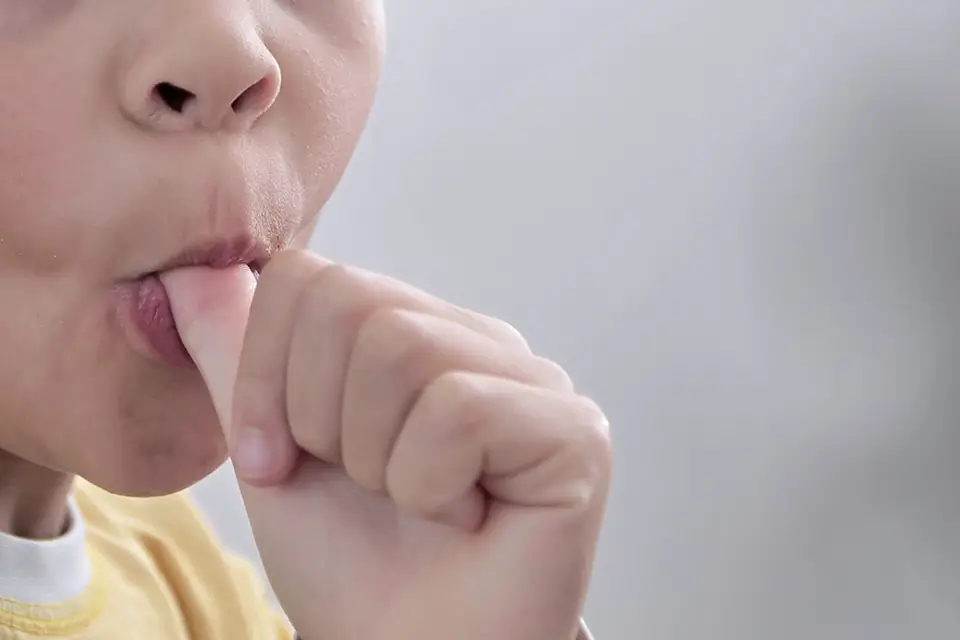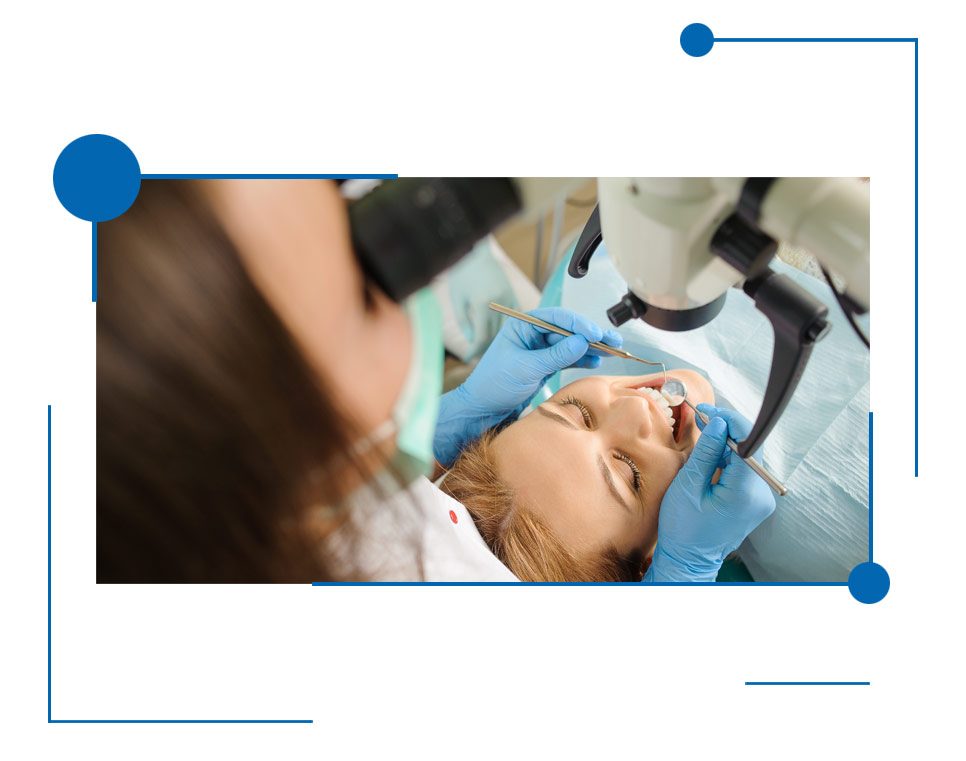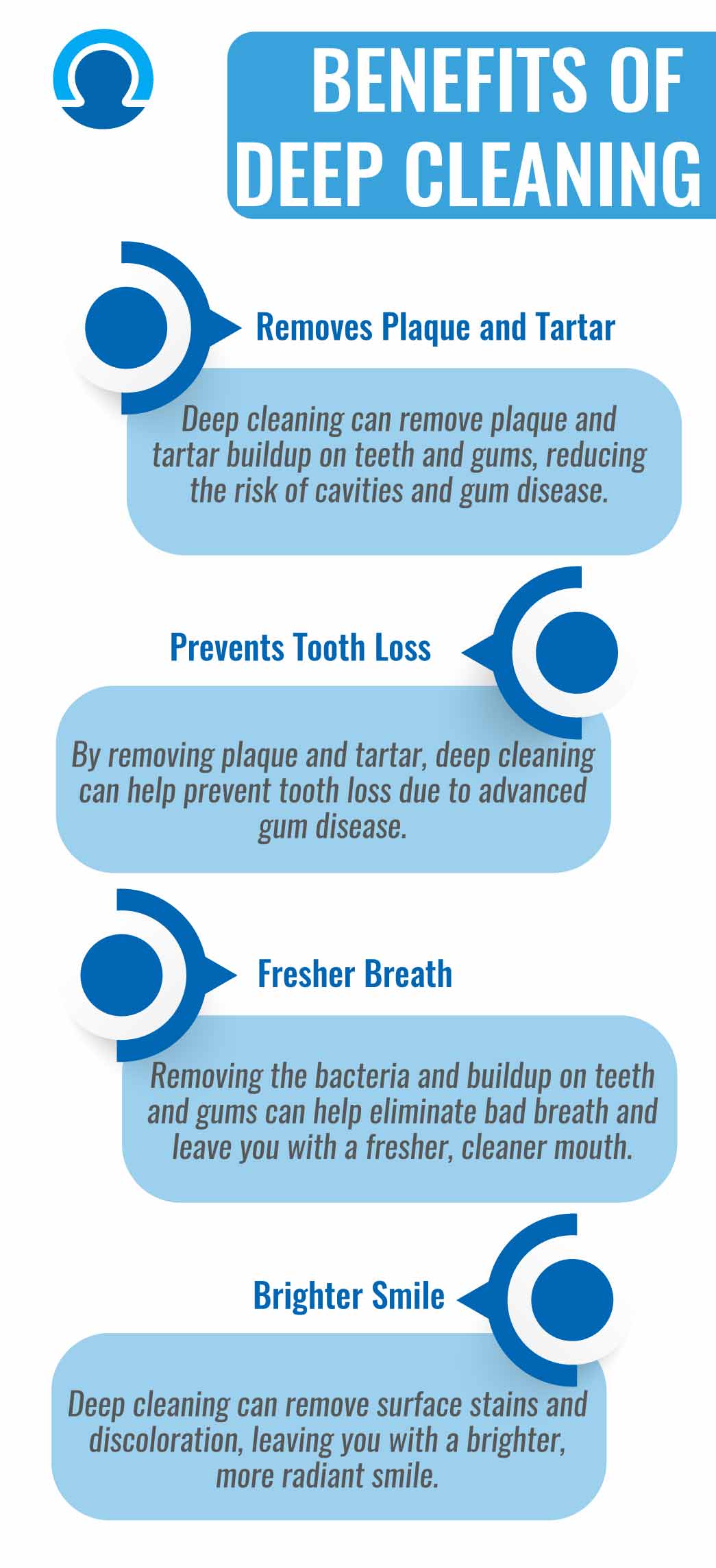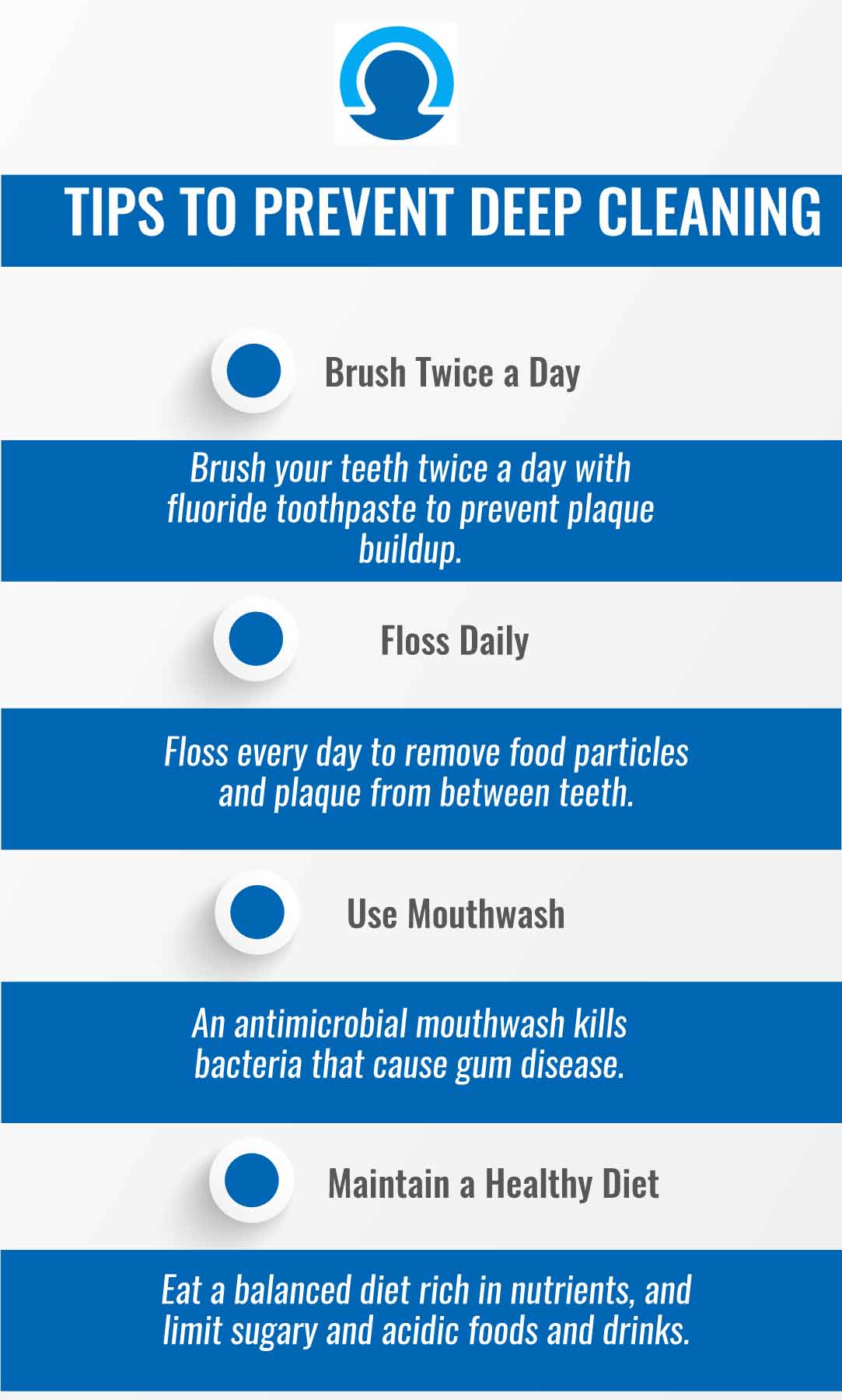
Need Deep Cleaning in Houston, Texas?
Book Online To Get Free Consultation & Initial X-Ray for Deep Cleaning
Quick care for sudden oral problems, ensuring immediate relief and treatment.
Comprehensive oral care for all ages, promoting lifelong dental health and well-being.
Routine checkup for oral health, detecting issues early and maintaining a healthy smile.
Specialized oral care for children, ensuring a healthy smile and positive dental experiences.
Professional oral hygiene procedure removing plaque, tartar, and stains for a healthier smile.
Surgical removal of teeth for oral health, relieving pain and preventing complications.
Thin porcelain shells bonded to teeth, improving appearance and covering imperfections.
Cosmetic procedure to lighten and brighten teeth, enhancing smile aesthetics.
Fixed prosthetic device replacing missing teeth, restoring oral function and appearance.
Custom-made restoration caps a damaged tooth, restoring its shape, strength, and function.”
Specialized dental care for children, correcting tooth and jaw issues to ensure healthy development.
Straightening and aligning teeth for improved oral health and a confident smile.
Clear, removable aligners for discreet teeth straightening, offering a comfortable and nearly invisible orthodontic solution.
Custom devices maintain post-orthodontic tooth alignment, preserving your newly corrected smile.
Permanent tooth replacements surgically anchored for natural appearance and function.
Full-arch tooth restoration with four implants, offering stable and efficient smile rehabilitation.
Surgical procedure to strengthen and rebuild bone, often used for dental implant support.
Dental procedure to treat infected or damaged tooth pulp, relieving pain and preserving the tooth.
Restoration of cavities with materials like composite or amalgam, preserving tooth integrity and function.
Non-invasive procedure using special materials to repair and enhance teeth, improving appearance and function.”
Removable prosthetic teeth to replace missing ones, restoring oral function and aesthetics.
Techniques to relax and ease anxiety during dental procedures, ensuring patient comfort and a stress-free experience.
Book Online To Get Free Consultation & Initial X-Ray for Deep Cleaning

Deep cleaning is distinct from regular cleaning. This particular procedure is subgingival. It performs this function to effectively clean areas such as the tooth roots and periodontal pockets that are difficult to access. Tartar can accumulate on the exterior and roots of teeth. If proper oral hygiene is not maintained to remove tartar, it may result in severe bacterial infections.
Dentists remove this material with extensive cleaning. They’ll also use an ultrasonic instrument if scraping off the tartar by hand isn’t successful. The main distinction between a thorough clean and a routine cleaning is this. Tartar removal can occasionally be a difficult operation.
Due to the nature of the procedure, it may require multiple appointments and extended periods to be completed. Ultimately, the case’s severity and tooth sensitivity level will determine the best course of action. Although it may seem daunting, deep cleaning is a crucial aspect of combating harmful infections. If you don’t maintain proper oral hygiene, the condition may deteriorate and necessitate a root canal procedure.



Not every patient needs a deep cleaning. A deep cleaning technique could be necessary to save teeth and halt the illness’s progression if a patient has gingivitis, the early stage of periodontal disease, or an advanced stage of the condition.
During your routine dental examination, a periodontist can assess the presence of any gum pockets by utilizing a probe. Dentist may also use X-rays to evaluate the density of the bones. If the periodontal pockets exceed the limit of what can be addressed with routine oral hygiene practices, a periodontal scaling and root planning procedure is necessary to eliminate the infection and facilitate the healing process. Based on your description, it is possible that you may require localized or generalized planning and scaling procedures.
Because gum disease doesn’t always hurt or have obvious signs, it can be hard to tell when you need a deep cleaning in Houston. But there are some signs of being careful of, such as:
Having bad taste or bad breath all the time
Teeth that are loose or coming apart
Gums pulling away from your teeth
Gums that bleed easily
Red, swollen, or painful gums
Deep teeth cleaning by a dentist has two parts: scaling of the gums or periodontal scaling and root planning.
Dentists can use manual scaling tools, electric or ultrasonic instruments, or a mix of the two to accomplish both phases of deep tooth cleaning.
Most of the time, deep teeth cleaning takes two separate visits. The first visit is for scaling the teeth, and the second visit is for root planning.
During the scaling step, all of the plaque and tartar from below the gum line is taken off.
The next step is deep cleaning, which uses an instrument to clean and smooth the tooth’s root. This helps the gums reattach to the tooth and reduces the pocket size or space that can trap unhealthy buildup.
The dentist will use a scaling instrument to remove plaque, tartar, and other buildups from the roots of your teeth during deep cleaning, which is the second part of the deep teeth cleaning procedure.
This makes the root smoother, lets it connect again with the gums, and makes the space between the teeth and gums smaller.
Deep teeth cleaning treats gum diseases like gingivitis and prevent them from getting worse and needing surgery or other more extensive procedures.




Typically, the discomfort associated with the treatment is tolerable. However, individuals with particularly deep periodontal pockets may experience more discomfort than those with shallower pockets. Similarly, individuals experiencing tooth sensitivity may experience significant discomfort. Therefore, a dentist will use local anesthesia when necessary. However, this will only alleviate the discomfort in the gum area.
Performing a deep cleaning procedure on your teeth involves an additional step beyond regular cleaning. During most dental cleanings, we typically remove plaque solely from the surface of your teeth. On the other hand, deep cleaning removes plaque and tartar from the teeth and roots down to the gum line. This will enhance the opportunity for your gums to reattach to your teeth and prevent the entry of bacteria and plaque.
Deep cleaning helps to remove tartar and plaque buildup from the teeth and gums, preventing gum disease and reducing the risk of tooth loss.
Deep teeth cleaning removes the bad bacteria and food particles that may cause bad breath; therefore your mouth will feel clean and fresh.
Removing surface stains and discoloration during deep teeth cleaning can help improve your teeth' appearance, resulting in a brighter, whiter and more beautiful smile.
Poor oral hygiene can cause serious health conditions such as heart disease, stroke, and diabetes. Deep cleaning reduces the risk of these conditions by removing bacteria from your mouth.
During deep teeth cleaning, your dentist can detect and treat any dental issues in their early stages, preventing them from becoming more severe problems later on.
By preventing the need for more invasive and costly dental procedures in the future, deep teeth cleaning can save you money in the long run.
Deep teeth cleaning can help to prolong the life of dental work such as fillings, crowns, and implants by reducing the buildup of harmful bacteria around them.
By promoting good oral hygiene and reducing the risk of serious health conditions, deep teeth cleaning can contribute to your overall health and well-being.

Gum disease is a common oral health issue that can lead to serious problems if left untreated. Fortunately, there are several steps you can take to prevent gum disease. Here are some tips:
We will be glad to file a predetermination for you to verify coverage of any necessary dental treatment. And we accept most PPO insurances.